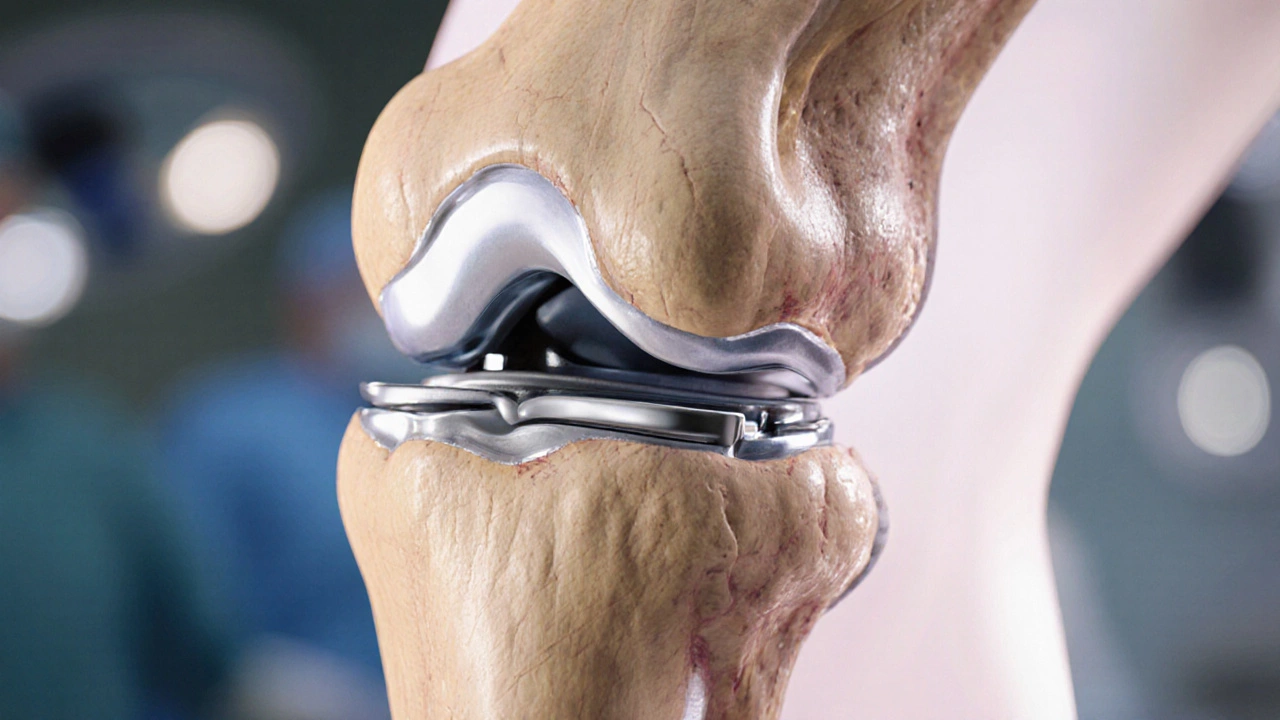Surgery Risks: What You Need to Know Before Going Under the Knife
When you hear the word surgery, a medical procedure involving cutting into the body to treat disease, repair injury, or improve function. Also known as operative intervention, it’s often the last resort—but also the most powerful tool doctors have. But surgery isn’t magic. It comes with real, measurable dangers that don’t always make the brochures. Every year, millions of people in India go under the knife for everything from heart bypasses to knee replacements. Some walk out feeling better than ever. Others face complications no one warned them about. The truth? Not all surgeries are created equal—and the risks change depending on what’s being done, where it’s done, and who’s doing it.
You can’t talk about surgery risks, the potential negative outcomes following a surgical procedure, including infection, bleeding, organ damage, or death without mentioning heart surgery, a type of operation performed on the heart or major blood vessels, often to fix blocked arteries or damaged valves. It’s one of the most common major surgeries in India, and while survival rates have improved dramatically, pain, long recovery times, and unexpected side effects still happen. One study found that nearly 1 in 5 heart surgery patients deal with lasting fatigue or memory issues months after the procedure. Then there’s surgical recovery, the process of healing and regaining function after an operation, influenced by age, nutrition, activity level, and pre-existing conditions. Too many people think recovery means resting in bed. It doesn’t. It means moving gently, eating right, and watching for warning signs like swelling, fever, or sudden shortness of breath. And if you’re considering surgery abroad—something many Indians do to save money—you need to know that hospital standards vary wildly. A JCI-accredited hospital in Thailand might have better infection control than a small clinic in a rural Indian town.
What you won’t find in a glossy hospital pamphlet? The quiet moments after surgery when you’re alone, scared, and wondering if the pain will ever go away. That’s why real stories matter. The person who lost 10 pounds from painkillers. The one who got an infection from a stitch that never healed. The grandmother who walked again after knee surgery but needed six months of physical therapy to get there. These aren’t rare cases. They’re common enough to be part of the conversation. Surgery isn’t just about cutting and stitching. It’s about your body’s ability to heal, your mental readiness, and the support system you have in place. The best surgeons don’t just fix your body—they help you understand what comes next.
Below, you’ll find real, no-fluff guides on what to expect before, during, and after surgery. From the hidden dangers of herbal supplements before an operation to how long heart surgery actually takes, these posts give you the facts you won’t get from a sales pitch. You’ll learn what to ask your doctor, how to spot trouble early, and which recovery tips actually work. No hype. Just what you need to stay safe and get back to living.





